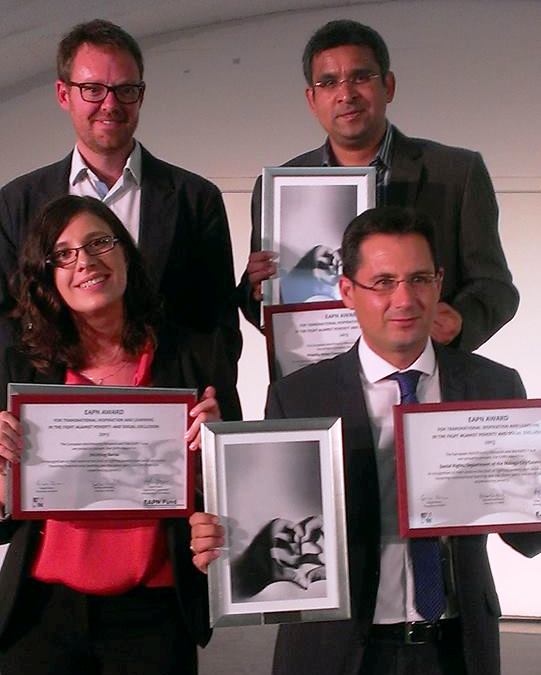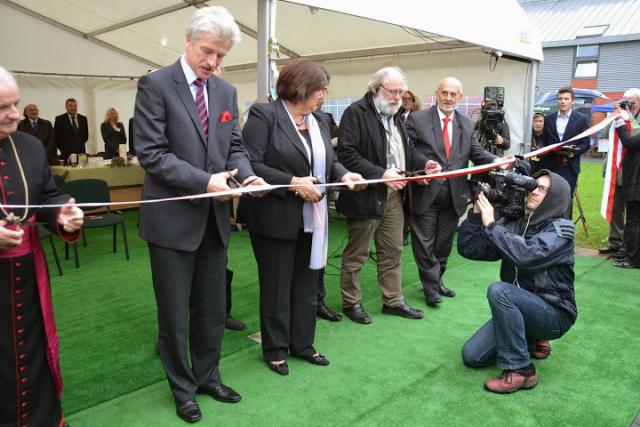Larisa Melinceanu – study visit in Barka Network in Poland report
Study visit to Barka Poland 24 February – 28 February 2014
General impressions
During this study visit we were shown the main center of Barka foundation in Poznan, the social enterprise in Posadowek, the social co-operative in Wladyslawowo, the partnership with Association Gebiczyn and local authorities of Wielkopolskiego, the social enterprise in Chudopczyce, the city Rawicz (there where progress are registered in the effort of establishing a new partnership with the local authorities, other representatives of civil society and interested commercial organizations) and the established partnership with the local authorities of Poznan. Read more









